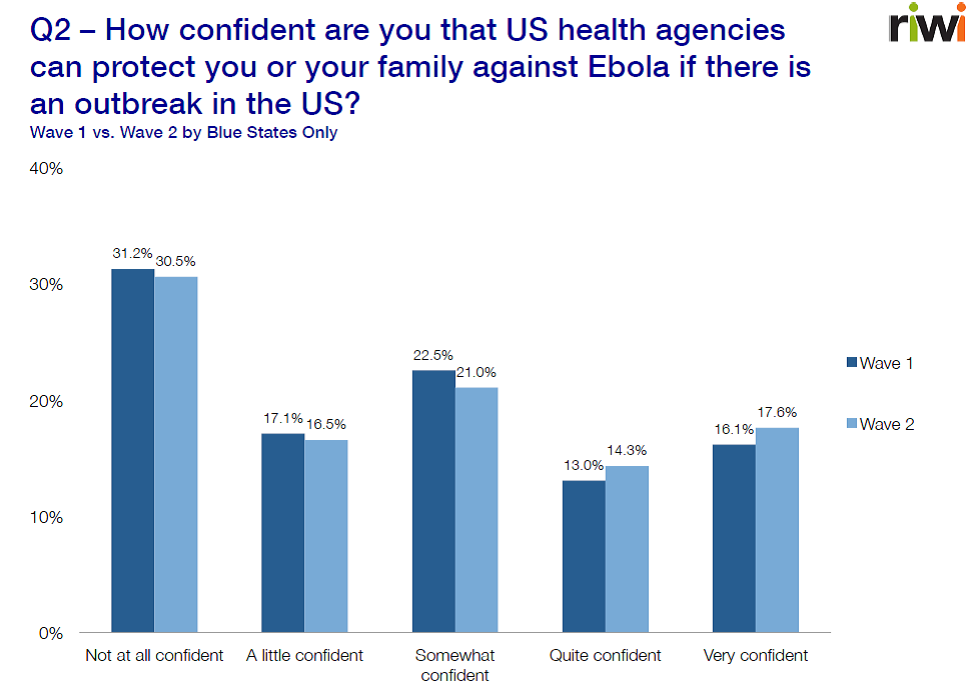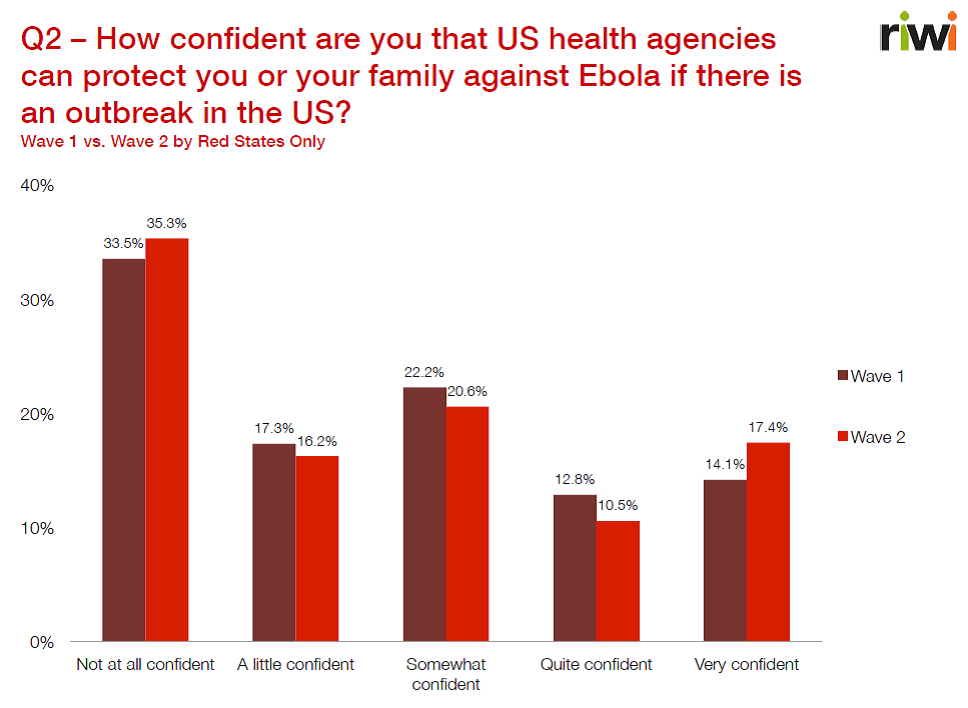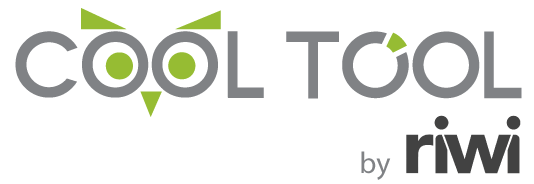By John R. Graham | Originally posted in Forbes
Remember Ebola? Sure, we still here about it once in a while, but it doesn’t scare us like did earlier in the year. A few months ago, the media had many of us convinced that America would turn into an Ebola-ridden wasteland. Although no Ebola outbreak has occurred in the U.S., most Americans still believe that the public authorities are unable to protect us from this threat, according to previously unpublished research conducted by The RIWI Corporation.
In November, Gallup reported that “Ebola may not be the dominant news story it was a month ago, but it is still on the minds of Americans, 17% of whom cite it when asked to name the top health problem facing the U.S. Still, Gallup’s history of asking this question strongly suggests that without continued incidents of Americans catching the virus on U.S. soil, this flare of concern will be temporary.”
At the time, ordinary citizens also had a level of anxiety over Ebola that could be described as irrational or overly cautious, depending on one’s perspective. Especially, about 80 percent of people thought that persons infected with Ebola were likely to pass it to others via bodily fluids, according to a survey conducted by the Harvard School of Public Health. While Ebola is passed through direct contact, many people appear to believe that it can be passed though coughing or sneezing, which public-health experts believe is unlikely.
RIWI randomly intercepts people who are searching the Internet, which captures many respondents who have never participated in traditional surveys. RIWI reported two waves of the Ebola survey, conducted from September 16 to November 30 and December 1 to December 17. The early wave had 26,369 respondents (53.5 percent) opt in, the latter 4,984 (48.8 percent). It also located respondents in blue or red states, according to the results of the 2012 Presidential election.
Although no more than about one third of respondents in either wave were quite scared or very scared of Ebola killing a large number of U.S. citizens, about half had little or no confidence that U.S. health agencies could protect them against an Ebola outbreak. These two (previously unpublished) bar charts from RIWI show the breakdown between blue and red states.


What stands out is that respondents in the second (December) wave had no increase in confidence in the government’s ability to protect them, despite the complete absence and receding threat of an Ebola outbreak as 2014 wound down. Even though the government must have done something right, the people refuse to believe it!
RIWI’s early wave responses are somewhat more pessimistic than other surveys have reported. In October, a Washington Post-ABC News poll reported that 62 percent of respondents were very or somewhat confident in the federal government’s ability to respond to an Ebola outbreak in the U.S., versus 37 percent not confident. In a CNN poll, also conducted in October, 70 percent of respondents thought that the federal government could prevent a nationwide epidemic.
On the other hand, Gallup reported a drop in citizens’ confidence in the federal government’s ability to handle Ebola, from 61 percent of respondents expressing confidence early in October to only 52 percent later in the month. This continuing – perhaps even growing – lack of confidence in the federal government’s ability to address the challenge is a disturbing data point in the public’s distrust of government’s competence overall.
According to Gallup, the fraction of people who trust the federal government to do what is right just about always or most of the time dropped from 83 percent in October 2001, right after the 9/11 terrorist attacks, to an all-time low of 43 percent in September 2014. In November, Gallup’s survey asking people to name the “Top Four Most Important U.S. Problems”, featured “government”, not Ebola, as one of them.
Our federal government is so distrusted that even when it succeeds at preventing a deadly epidemic, it cannot win back the confidence of the people.
Read the Full RIWI Report

RIWI is pleased to announce that it has acquired CoolTool – a leading platform for conscious and nonconscious insights!